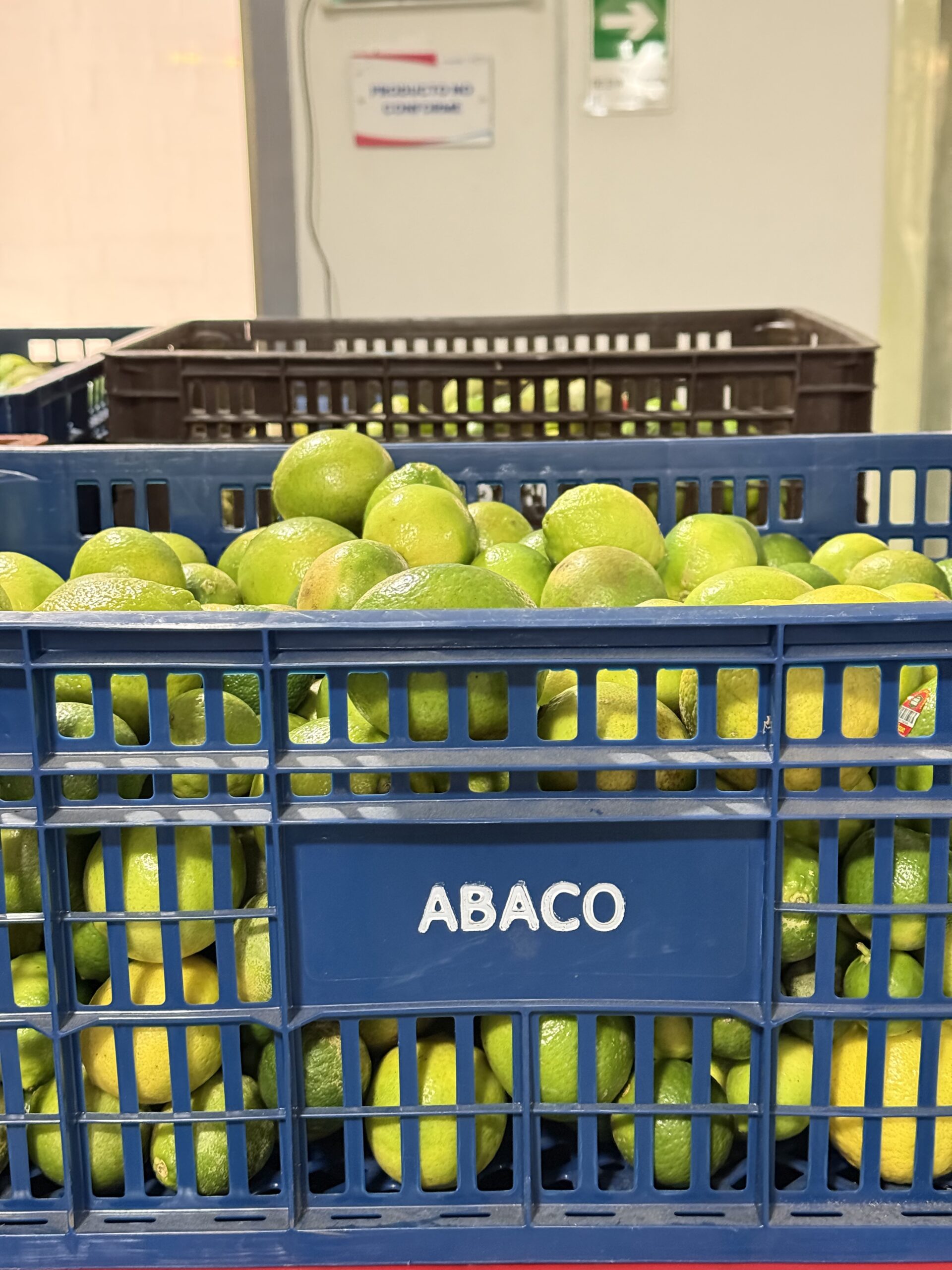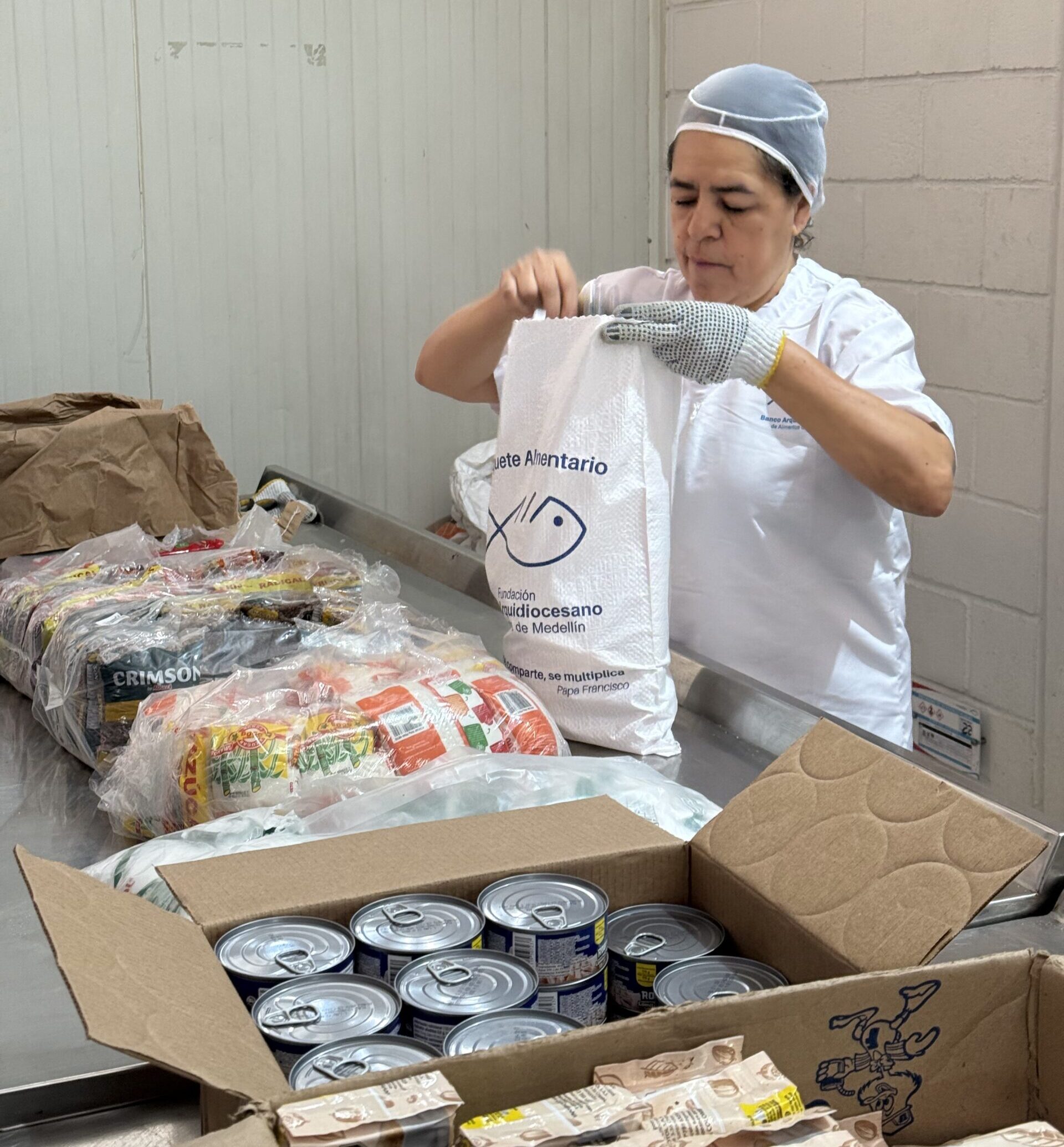Colombia Strengthens Food Donation Tax Incentives to Advance Zero Hunger Goals

June 3, 2025 — Effective food donation policies don’t just reduce waste — they also support hunger relief, create economic value, and make it easier for businesses to give. Colombia is reinforcing this approach with the passage of Ley 2380 de 2024, a major policy update designed to expand tax incentives for food donors and contribute to the country’s broader “Zero Hunger” goals.
Before this reform, Colombia already offered a strong baseline: businesses could claim a 25% tax credit on the value of food donated to nonprofits operating under the special tax regime. However, these credits didn’t cover associated logistics costs like transportation, and any unused tax credit couldn’t be carried forward — meaning many businesses couldn’t fully benefit from their donations.
“We know that when companies consider partnering with us and donating to food banks, cost and tax implications can be an issue for them,” said Juan Carlos Buitrago, executive director of ABACO, the association of Colombian food banks, which helped drive passage of the new law. “This law will help incentivize more companies to donate, generating a positive impact on food security and food waste in Colombia.”
Under Ley 2380, Colombia builds on this foundation. The law increases the tax credit from 25% to 37% of the donated food’s value and, for the first time, allows donors to include transportation costs in their claim, provided they are itemized on the donation certificate. Unused credits can now be carried forward for up to four additional tax periods, making sustained donation efforts more financially viable for businesses. Importantly, the law also amends Article 424 of the Colombian Tax Statute, clearly establishing that donations to registered food banks are exempt from VAT, removing any ambiguity and further lowering the cost of giving.

To qualify, donations must meet the safety standards laid out in Article 8 of Law 1990 of 2019 and be accepted by accredited food banks. These updates ensure that donated food is both safe and useful — while streamlining the process for those looking to contribute.
With this latest law, Colombia’s food donation tax policy — already rated “strong” in the Atlas project’s global policy landscape — becomes even stronger. By expanding benefits and minimizing tax barriers, Ley 2380 makes it easier for businesses to donate surplus food instead of discarding it. This update reflects Colombia’s deepening commitment to reducing food loss and improving access to nutritious food for those who need it most.
“We are pleased to see that legislators in Colombia understand the effectiveness of food recovery and redistribution and are advancing legislation that can encourage more donations going forward,” said Buitrago.
Stay tuned as Atlas continues to release briefs spotlighting new national policies that are shifting the global food recovery landscape.